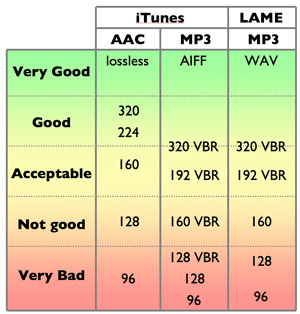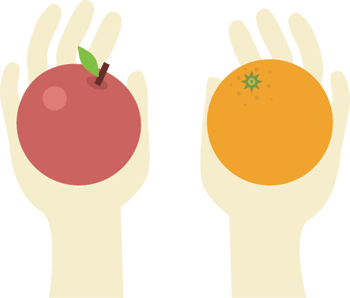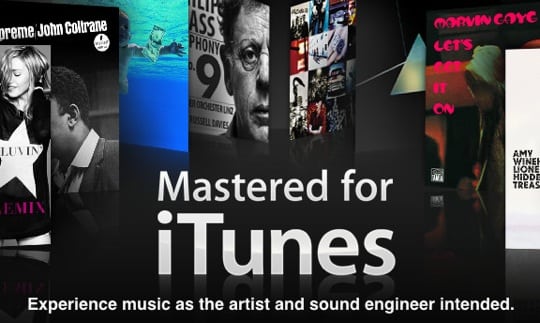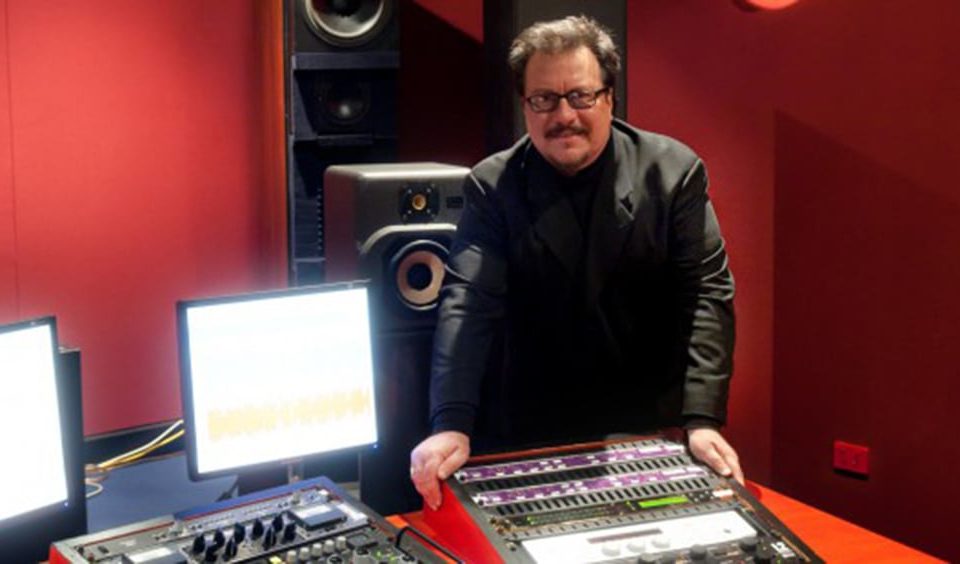It has been nearly two years since Apple launched “Mastered For iTunes” and almost as long since Studios 301 started mastering for the format. Over this time, Leon Zervos has mastered more releases for iTunes than most other mastering engineers combined, and as a result has a few thoughts about hi quality audio, good and bad mp3’s, and a bit of nostalgia for how it once was….
To book Leon Zervos for your mastering project, contact Lynley on mastering@studios301.com or 02 9698 5888
The beginning of mp3
When all the downloading started, everyone was making/taking 128 mp3s and as a result, there was almost half a generation that got too used to listening to bad sound. They were accepting that as how music should be listened to. I even remember getting some files for mastering and they’d converted from 128kb mp3 to 44.1kHz wav. You could hear it straight away.
So I think we have to thank Apple for taking the initiative, for effectively saying “No, no, we’re going to shoot for the stars here. We want everything to be as high-res as possible.”
The change in consumer headphones
At the same time that poor quality mp3’s were being used; people were listening to music on tiny little ear buds that were shocking. They weren’t even the slightly better quality ones from Apple we currently have. Now you look in the street and see guys walking around with big headphones – Beats, Sennheiser and many other higher quality brands. It’s taking music, and the listening experience, to another level. So now people are demanding higher standards of audio and people are getting used to it.

The difference between a 128kb mp3’s, 256kb AAC (iTunes) and a hi-res audio file
For a start, the stereo imaging is completely different. The imaging in a high-res file is true, It’s got depth and clarity. A 128 mp3 just sounds horrible.
An iTunes AAC file (at 256kb) is a big step up. I still think a CD at 44.1/16-bit is better – much better. But will the regular guy or girl in the street hear the difference? I don’t know. But in a studio environment, you can hear it straight away. There’s no guesswork, you can pick it.

How we got used to 128kb mp3s.
I think a lot of people don’t know because they’re not in a professional environment like we are, where we can sit down and compare things. I think if they were, they’d go, “Wow! That sounds so much better,” then they’d use that, they’d always demand that. I mean, like I said, we’re always striving for the best.
In the days of vinyl, record companies were cutting discs and they would get test pressings first, they would listen to it as well as the producer, musicians and engineers. If it wasn’t right, they’d re-cut, there would be more pressings, then re-pressings if needed, until it was perfect. There was this safety net in the process and everyone signed off on it when they were happy with the record. Nowadays, probably because of tighter deadlines, this doesn’t happen and there is no safety net. And then it comes out and then it’s down-sampled or converted and it sounds different again.
Apple is now storing files at up to 24/96 on their iTunes servers.
As part of their Mastered For iTunes initiative, Apple receive the files from the label exactly as we mastered them, at up to 24 bit, 96kHz for storage on their servers. These files don’t get sold to the customer (they go through Apple’s codec to convert to AAC), however it is intriguing that they are keeping these files on their systems. Why are they doing this?
Maybe they don’t know themselves yet, perhaps they’re just future proofing. I think keeping everything at 24/96 is the best possible thing to do. In the future, when downloads become quicker and drive space is not an issue, perhaps we will be listening to everything at 96kHz. And that’ll happen, but you probably wouldn’t even need the storage space because you’ll be listening to something that’s getting streamed at 96kHz – which would be perfect.
Referencing mixes at 128kb
I get people occasionally sending me a YouTube link to “make it sound like this”. Streaming music from YouTube and Soundcloud (as opposed to downloading) is usually at 128kb and this is not desirable for me. When the client sends me a link, sometimes I don’t even go and listen to it because I’m just not prepared to reference lo-res audio, as a comparison to what I’m doing here in my studio. At full bandwidth and with the equipment I have – it just doesn’t stack up.

I think it’s really dangerous because, again, it’s going back to people getting used to a bad-sounding audio and thinking that’s how it should be. If they had the high-res file (or even a CD) of the song, they could use that as a reference, because that’s what was done at the final stage and that’s what was approved by the producer/artist/label. Anything else as a reference shouldn’t be used because it’s gone through some kind of data compression and the sound has changed.
I think if you’re going get to the point where you’re mixing, and you’re calling yourself professional, you should be doing it in a professional way. Streaming it on Soundcloud or YouTube is not professional. Buy the CD or find some way to get the best possible high-res file you can get of that song. I couldn’t listen to it streaming at 128kb and use that as the reference when I know there’s something much better out there.
“Mastered for iTunes is a marketing ploy by Apple”
I think, at a professional level, a company that wants to accept files that are only of a certain quality is very good. Let’s face it, Apple are a company, they’re in business to make money. And if this is a sales pitch and they’re making money off it, fine. But the upside for music lovers is that one of the biggest companies in the world is creating awareness of higher audio quality.

Hi resolution masters (24/44 and higher)
If I were the artist, I’d want to have in my possession the best possible master that could be done. And if it’s out there and it’s available at 24-bit, it might entice more people to download and listen to it.
As engineers, we’ve always wanted to better what we do in audio. Through the years, we had quarter-inch 15 IPS tape, then we had quarter-inch 30 IPS, then it was half-inch 30 IPS. Then digital came in and has been greatly improved over the years, particularly with better convertors – always advancing. So I think it’s only natural that the industry should move forward all the time, instead of settling for something that doesn’t sound good.
When cassettes came out, you had the choice of low-noise cassettes, chrome cassettes, metal cassettes, there were different brands, and you could go and get your preferred type. With mp3’s, it’s almost like the music that was coming out a few years ago was coming out on ordinary cassettes and Apple are trying to make everything come out on noiseless metal tape. So if I were an artist, I’d want my music to come out the best way possible.
To book Leon Zervos for your mastering project, contact Lynley on mastering@studios301.com or 02 9698 5888

